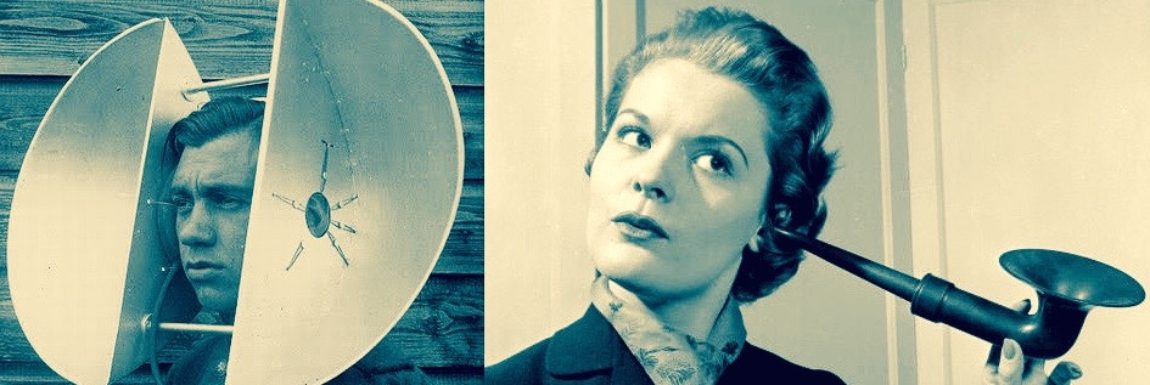
We are born with only so many hair cells, those tiny little sound sensors that line the cochlea. They die off as we age never to regrow or be replaced. We also kill them off by exposing ourselves to loud noise.
How best to protect them? This informative piece has some answers. It was submitted by the folks at hearstore.com
Dangerous Decibels
Sound is measured in decibels, which are units used to measure the relative intensity of sound. So how loud is too loud?
The softest sound we can hear registers at 0 decibels, while on the other end of the scale, a shot from a 12-gauge shotgun registers at 165 decibels. In between, the sounds we experience include a whisper (20 decibels), rainfall (50 decibels), an average speaking voice (60-65 decibels), a washing machine (75 decibels), and busy city traffic (85 decibels).
At 85 decibels, noises begin to get harmful to our hearing, depending on the amount of exposure time. Hearing specialists estimate that at 85 decibels, exposure of 8 hours could lead to permanent hearing loss. Above 85 decibels, the shorter amount of exposure time it will take to cause harm to your hearing.

As you can see in the chart, a sound at 115 decibels could cause damage to your hearing in less than 30 seconds.
According to the Guinness Book of World Records, the loudest concert ever recorded clocked in at 129.5 decibels and took place in 1994, featuring a heavy metal band called Manowar. At these levels, without hearing protection, audience members were obviously at serious risk for noise-induced hearing loss.
Preventing Noise-Induced Hearing Loss
Noise-induced hearing loss is the only form of hearing loss that is 100% preventable. Whether you are mowing the lawn or attending a live concert or sporting event, it is important to protect your hearing with the use of earplugs.
Invest in a pair of custom made earplugs. Custom ear plugs are molded to your ear canals and offer the best protection against high levels of noise. Even a generic pair of foam or silicone earplugs from the pharmacy offers a fair amount of protection against dangerous decibels.
If you have been exposed to loud noise, make sure to give yourself a “noise diet,” which is some quiet time away from the noise source. At live events, try to stand away from speakers and be sure to take short breaks if necessary.
Most importantly, don’t take loud noise for granted. Take precautions. Your hair cells will thank you.

